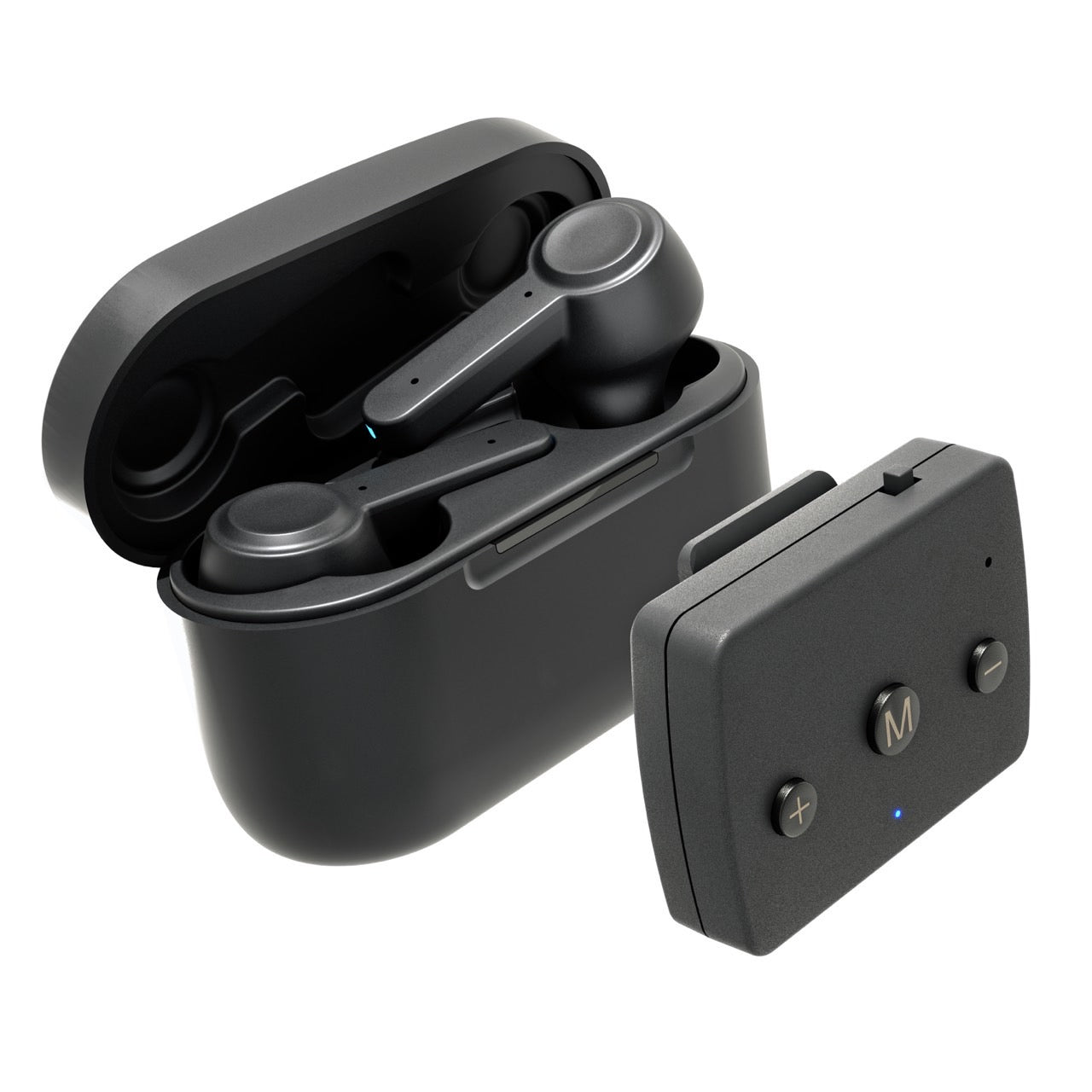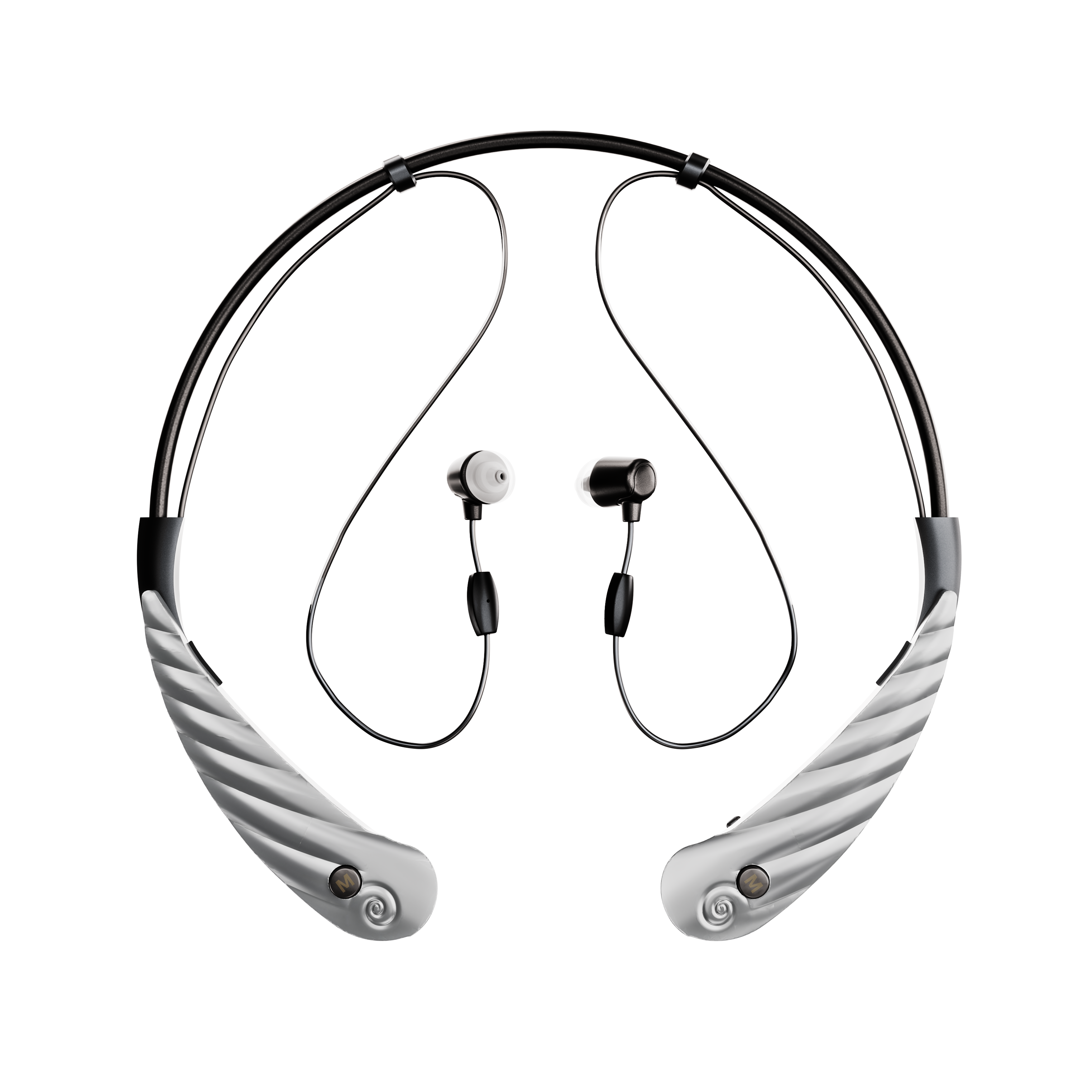Introduction
Hearing aids are valuable tools for individuals with hearing impairment, offering significant benefits alongside some considerations. In this guide, we delve into the pros and cons of hearing aids, providing detailed insights to help you make an informed decision about these crucial devices.
Pros of Hearing Aids
Enhanced Hearing
-Hearing aids amplify sounds, making it easier for individuals with hearing loss to perceive and understand speech, environmental sounds, and other auditory cues.
-By improving the ability to hear soft or distant sounds, hearing aids enhance communication and engagement with the surrounding world, contributing to a richer auditory experience.
Improved Quality of Life
-Addressing hearing loss with hearing aids can significantly enhance quality of life by promoting better communication, social interactions, and emotional well-being.
-Individuals who use hearing aids report reduced feelings of isolation, depression, and anxiety, as they are better able to participate in conversations, social gatherings, and daily activities.
Customizable Options
-Modern hearing aids offer a wide range of features and styles to accommodate diverse preferences and needs.
-From discreet designs that fit inside the ear canal to behind-the-ear models with advanced functionalities like Bluetooth connectivity and rechargeable batteries, individuals have the flexibility to choose hearing aids that align with their lifestyle and aesthetic preferences.
Accessibility
-With advancements in technology and changes in regulations, hearing aids are becoming more accessible and affordable for individuals with varying degrees of hearing loss.
-From basic analog models to sophisticated digital devices, there are options available at different price points, allowing more people to access the benefits of hearing aids.
Cons of Hearing Aids
Adjustment Period
-Adapting to wearing hearing aids may require a period of adjustment, during which individuals become accustomed to amplified sounds and the sensation of wearing the devices.
-Some users may experience initial discomfort or frustration as they adapt to hearing aids, but with time and patience, most individuals adjust and experience significant improvements in hearing.
Cost
-Hearing aids can be expensive, especially for models with advanced features, custom fittings, or ongoing maintenance costs.
-While some insurance plans may cover part of the cost of hearing aids, many individuals may still face financial barriers to accessing these devices, particularly if they require high-end or specialized models.
Maintenance
-Proper maintenance is essential for the optimal performance and longevity of hearing aids, requiring regular cleaning, battery replacement, and occasional repairs.
-Individuals must invest time and effort in maintaining their hearing aids to ensure they function effectively, which may be challenging for those with limited dexterity or mobility.
Limitations in Complex Environments
-While hearing aids excel in amplifying sounds in controlled settings, they may struggle to distinguish speech from background noise or filter out irrelevant sounds in noisy or complex environments.
-In challenging listening situations, such as crowded restaurants or loud events, individuals with hearing aids may experience difficulty understanding speech or following conversations, leading to frustration or fatigue.
Conclusion
Hearing aids offer numerous benefits, including enhanced hearing, improved quality of life, customizable options, and increased accessibility. However, they also come with considerations such as adjustment periods, cost, maintenance requirements, and limitations in certain environments. By carefully weighing these pros and cons, individuals can make informed decisions about incorporating hearing aids into their lives, ultimately improving their auditory health and overall well-being. Ready to get your hearing back? Let Mimitakara help you find your hearing aid today!










